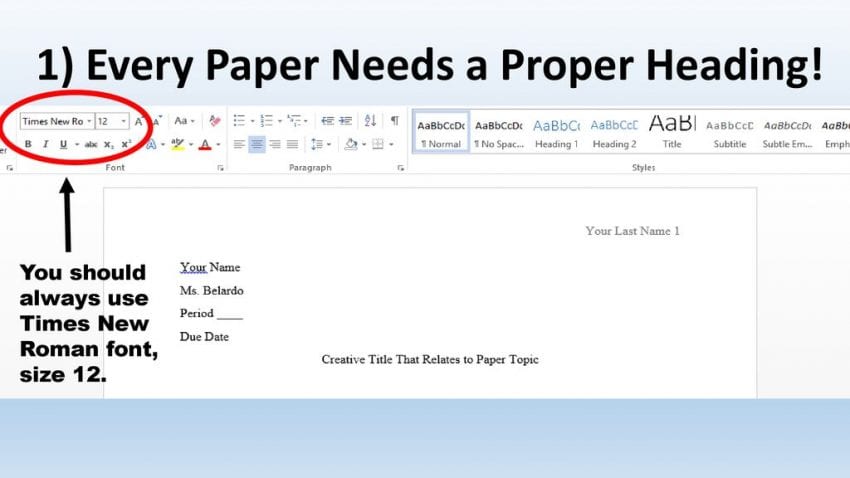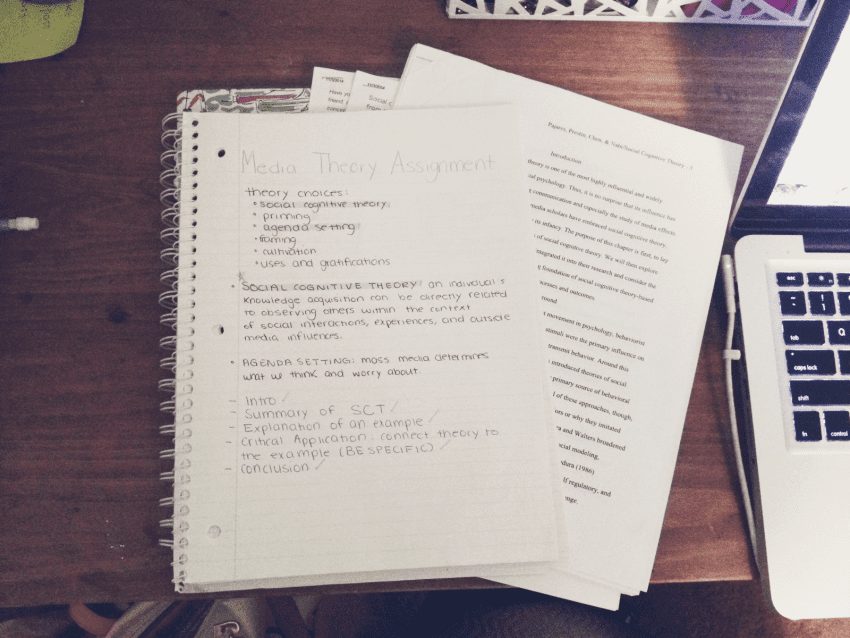Are you in college? Then you should look forward to several years spent writing papers. In fact, you can expect to write as many as a dozen papers a year, if not more. It all depends on your field.
When new students ponder college essays, they always believe erroneously that their knowledge is all that matters. They think that all they have to do to get a passing grade on their college paper is to read a lot of books and to write the best report possible.

But that is only half the battle. The other half is formatting. Yes, college paper formatting sounds silly. It technically doesn’t have any bearing on your ability to reproduce what you have learned in class.
And yet, if you fail to format your college paper correctly, your professor could fail you. It sounds unfair but it is the truth. Teachers are very strict about formatting because it shows that you have the capacity to pay attention to detail.
Do not be so quick to dismiss formatting, not when it can affect your entire grade. To be clear, the formatting rules may vary depending on your college and your supervisor.
But if you do not know how to approach the formatting issue for your college paper, keep the following in mind:
1). Heading

Every paper needs a heading. And this is where you have to follow your teacher’s instructions because the guidelines tend to vary with each institution. Obviously, your name and your instructor’s name are mandatory.
The same goes for your course and the date. The person responsible for grading your paper needs this information. Try to remember that they have to grade the papers of several other students.
The heading allows them to maintain order. Do not be surprised if your lecturer gives you a failing grade simply because you forgot the heading. Instructors do not appreciate students who make their jobs unnecessarily difficult.
2). Margin
Keep a one-inch margin around every page. This seems like such a simple aspect of formatting but so many people forget it because they rarely think about margins.
In truth, margins are an almost negligible aspect of college paper formatting. However, this is why teachers pay so much attention to them.
It proves to them that you are paying attention to their instructions. If you can remember the margins, you can remember most other formatting rules.
3). Title
Your college paper will either have a title or a cover page depending on your teacher’s instructions. This is also an issue of organization. A title tells the reader the topic of your paper.
No student has an excuse for forgetting to add a title.
4). Font

This is where a lot of the magic happens. If you forget the basic font, there are instructors who will disregard your paper altogether.
You should always use Times New Roman. You don’t have an option in this matter. You should also use double space. Keep the size of your words to 2’. There are people who are more lenient on the font, especially for new students.
But it definitely rubs quite a few instructors the wrong way. Make sure you have a professional that can look after your paper, like some writers here: https://copycrafter.net/college-papers-for-sale.html.
5). Numbers
The pages of your college paper should have numbers. Keep the figures in the upper right-hand corner. Keep things simple. Fight the urge to add stylish fonts to your numbers. You can’t even underline.
Write the number and nothing else, not even a period. Some instructors will encourage you to add your name before the number. But this is rare. The objective is to help your instructor identify your work if any of the printed pages of your paper are ever misplaced.
This probably goes without saying but it is worth mentioning for those rare students that have ever fallen foul of this situation. There should only be one space between the individual words in your sentences.
Most instructors have no reason to compel you to use two spaces between words. When it comes to handwritten essays, do not forget to use an indentation of ’ whenever you begin a new paragraph.
Few people write college papers by hand these days. But if the situation ever arises, indentations are a great way to organize your work.
Do not be afraid to consult your instructor wherever you encounter confusion. They have no patience for poorly formatted work so they will give you all the help you need.









